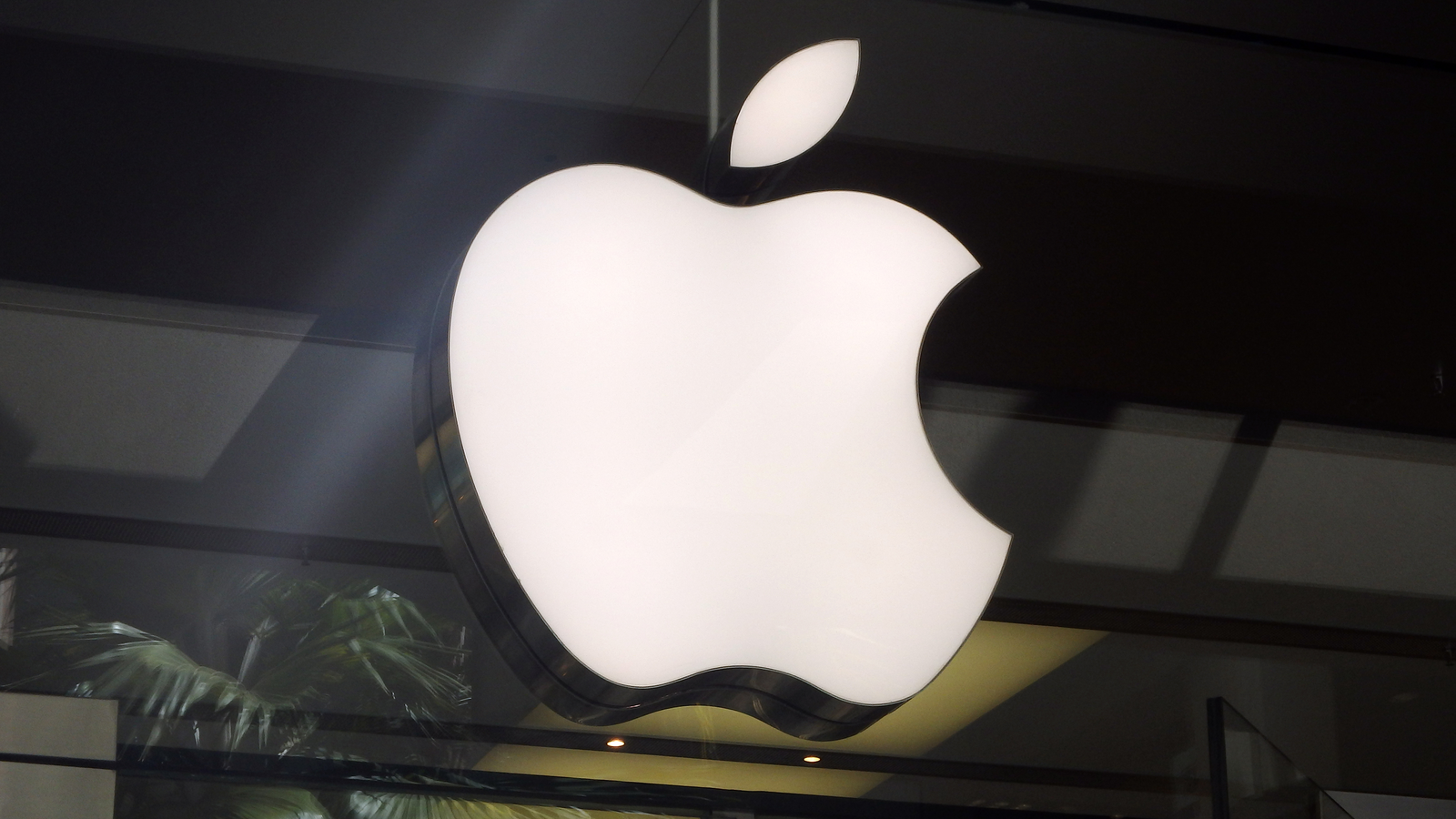
Apple (NASDAQ:AAPL) reported its fourth quarter of falling sales on Nov. 2. Apple stock fell on the news.
Wisely, investors took the sales decline in stride. Its shares are up seven of the last nine trading days since. There is more to Apple than the iPhone. And while its shares might be getting hammered by Nvidia (NASDAQ:NVDA) in 2023 — Apple’s 51% year-to-date (YTD) boon is about one-fifth of Nvidia’s gains — there is still so much to like about Warren Buffett’s favorite holding.
Despite the slowdown in iPhone sales in the past 12 months, analysts still generally like it. Of the 44 covering AAPL stock, 28 rate it Outperform or Buy, with a target price of $195.90.
I’ve got three other reasons you’ll want to consider putting Apple stock under the tree this holiday season.
Apple Services Revenue Continues to Grow
Apple’s services revenue stood out in Q4 2023, generating an all-time high of $22.3 billion, 16.3% higher than a year earlier. Services accounted for 24.9% of its $89.5 billion overall revenue in the quarter, up 360 basis points from Q4 2022. In addition, it beat analyst estimates by nearly $1 billion.
As a result, the segment finished the fiscal year with revenue of $85.2 billion, 9.1% higher than in 2022 and accounting for 22.2% of its overall sales, 240 basis points higher than in 2022.
“Our performance in Services were broad based, as we reached all-time revenue records in the Americas, Europe and rest of Asia-Pacific and a September quarter record in Greater China. We also set new records in every Services category,” stated Chief Financial Officer Luca Maestri in the Q4 2023 conference call.
In 2023, the services business had a 70% gross margin, 34 percentage points higher than its products segment. It might generate less revenue, but it helps drive its operating profit.
Returning Capital to Shareholders
In 2023, the company returned $92.6 billion to shareholders through dividends and share repurchases. That was less than 2022, but still a significant amount.
As you might be aware, Apple represents Berkshire Hathaway’s (NYSE:BRK-A, NYSE:BRK-B) most significant equity position, accounting for 49% of its $355 billion equity portfolio. Warren Buffett first acquired Apple shares in Q1 2016. Apple’s share count at the end of that quarter was 5.5 billion. Today, there are 15.8 billion, or 3.95 billion pre-split, accounting for the August 2020 four-for-one split.
Since Buffett became a shareholder, the share count has fallen by 20%, increasing Berkshire’s stake without it spending a nickel of its cash. That’s why Buffett likes repurchases so much.
I’d have to go back and calculate the return on Apple’s investment from its share repurchases since 2016, but I’m sure it’s significant.
Thank You, Google!
My last point is a recent piece of news.
Alphabet (NASDAQ:GOOG, NASDAQ:GOOGL) expert witness Kevin Murphy appeared in court on Nov. 13 as part of the company’s antitrust battle with the Department of Justice. Murphy revealed that Apple gets 36% of Google’s search advertising revenue generated through Apple’s Safari browser as part of their search default agreement.
According to CNBC reporting, Bernstein analyst Toni Sacconaghi estimated Apple could get $19 billion this year from its deal with Google. That’s about 5% of Apple’s 2023 revenue of $383 billion.
That’s a lot of money for doing nothing.
Interestingly, ArsTechnica reported that Google gives up a much higher percentage of search revenue from Safari than it does from cooperative Android manufacturers.
“How much more does Google pay for an Apple user than an Android one? A lot. It was recently revealed in the Epic v. Google trial (Google has a few monopoly lawsuits going on) that the highest tier of search revenue share for cooperative Android OEMs is only 12 percent, a third of what Google pays Apple,” stated ArsTechnica contributor Ron Amadeo on Nov. 15.
That is a classic example of the value and power of the Apple ecosystem compared to anything else that currently exists.
“Priceless,” as Mastercard (NYSE:MA) ads say.
On the date of publication, Will Ashworth did not hold (either directly or indirectly) any positions in the securities mentioned in this article. The opinions expressed in this article are those of the writer, subject to the InvestorPlace.com Publishing Guidelines.





